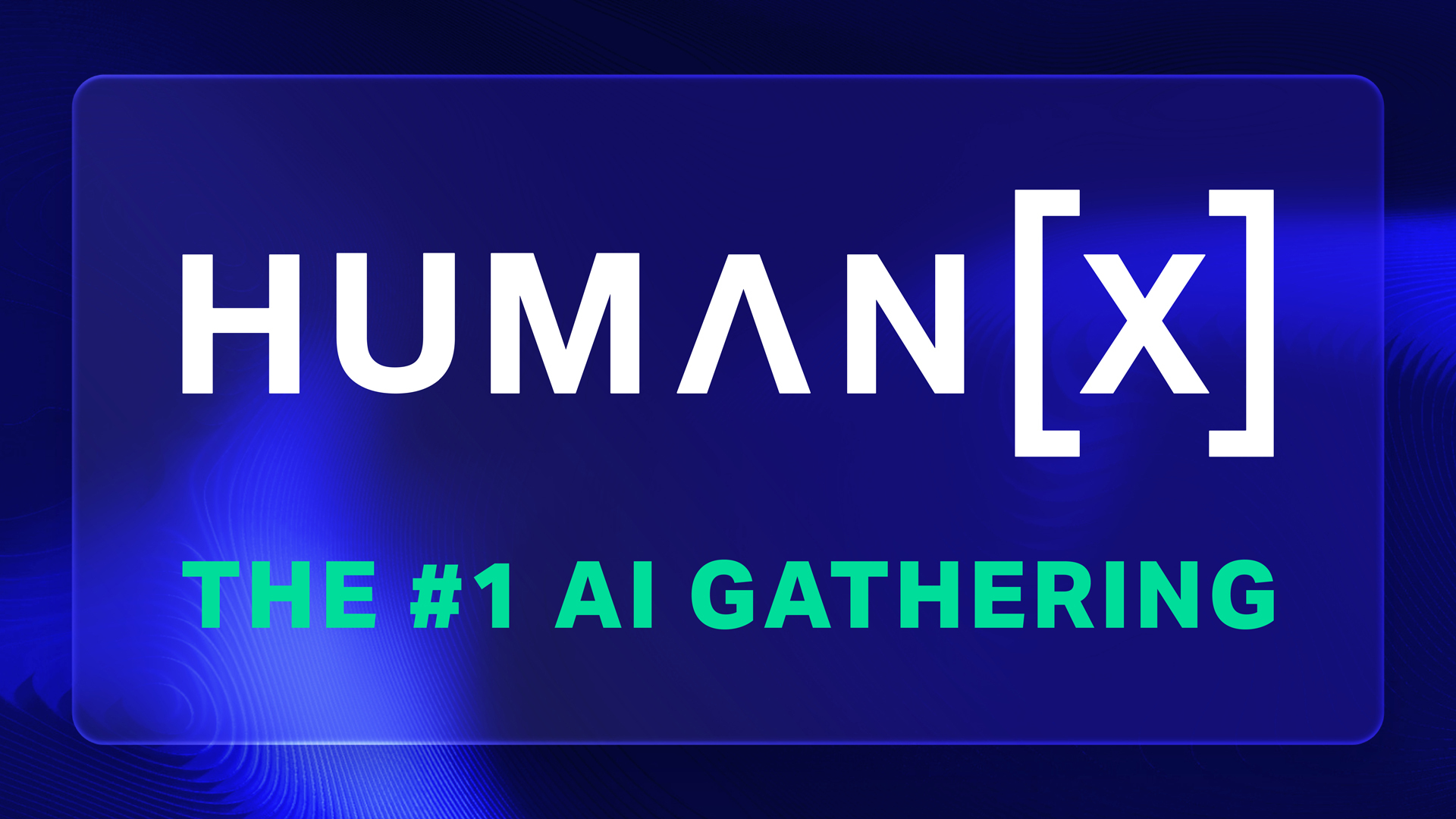- Slice of Technology
- Posts
- AI-Driven Customer Support
AI-Driven Customer Support
Insights from Des Traynor, Co-Founder at Intercom

Companies are racing to integrate AI into their operations. Intercom, a leader in customer service solutions, has taken an AI-first approach to help redefine how businesses interact with their customers. Jared recently chatted with Des Traynor, Co-Founder of Intercom, to discuss how his company is leveraging AI, the challenges they faced along the way, and where AI might take us next.
Q: Intercom has fully embraced an AI-first approach for its customer service platform. How did you and the team decide that this was the future direction for Intercom?
Des Traynor: The first moment that set us down this path was when ChatGPT launched. I remember getting a message from Kieron, one of my co-founders, saying, "Dude, have you seen this? It's pretty cool." We started experimenting, sharing jaw-dropping results in Slack, and realized quickly that we needed to take a closer look.
We worked all through the weekend and by Monday, we started planning our first release—adding human augmentation features in our inbox, like automatically summarizing conversations and expanding replies. These features generated a lot of buzz and adoption. From there, we asked ourselves, "How far can we take this?" That's when we started working on automating whole chunks of support, leading to the creation of Finn, our AI-powered chatbot.
Q: What were some of the key challenges Intercom faced in making this AI-native shift?
Des Traynor: The challenge was not just about sprinkling AI into our product, but rethinking the entire workflow. Instead of adding AI as a feature here and there, we had to reconsider how our product would look if AI were doing a lot of the work for the user.
For example, we had to ask, "Could we automate entire workflows?" Not just simple tasks, but end-to-end processes. That's how we approached becoming AI-native—rethinking how our platform would function if AI was involved in every part of the customer support journey.
Q: Finn is said to resolve up to 50% of customer queries. How do you balance the need for human touch while continuing to grow the AI piece?
Des Traynor: That’s a good point. Finn currently handles 50% of customer queries, but it’s not going to reach 100% anytime soon. There will always be weird edge cases that require human intervention.
We focus a lot on the handover process between Finn and human agents. If Finn doesn’t know the answer, it doesn’t try to force a solution. It hands the issue over to a human, often with a summary of the case, so the agent can take over seamlessly. This ensures customers don’t get frustrated, and it allows human agents to handle more complex issues without being overloaded.
Q: Trust is always a concern when using AI. How do you build and maintain trust with users when AI is handling tasks traditionally performed by humans?
Des Traynor: We focus on trust and control. It’s essential that AI doesn’t just make things up—what we call "hallucinating." Early AI bots would sometimes try too hard to give you an answer, even if it wasn’t right.
We put a lot of work into making sure Finn doesn’t do that. It pulls information from articles, ensures there’s a solid basis for what it says, and if it doesn’t know the answer, it passes the query to a human. Our goal is to avoid giving inaccurate answers while maintaining transparency when the AI reaches its limits.
Q: Outside of customer support, what other industries do you think are next in line for AI-driven disruption?
Des Traynor: I think software engineering will be the next big industry to be disrupted. AI will significantly reduce the cost of building software. Tasks like integrating tools or automating workflows will become easier and cheaper, which means more businesses can afford custom software solutions.
Beyond that, I’m excited about AI’s potential in industries that rely heavily on research. Take medicine, for example—imagine having AI that can tap into every single case of a particular type of cancer or diagnosis, pulling insights from all of that data. This kind of tool could transform the way we approach healthcare and reduce human suffering.
Q: Looking back at the early days of Intercom, what’s something that made you want to cry then, but makes you laugh now?
Des Traynor: There are a lot of those moments, but one that stands out is when we hired a customer support guy named Hung. A customer had reported a bug where they were trying to send a message to one user, but it accidentally went to all 17 of their users instead. So Hung went to diagnose the issue and ended up sending a test message to 650,000 people. The message just said "lol lol."
At the time, it was a disaster—we had to write an apology email explaining that we hadn’t been hacked, it was just a bug. But now, we laugh about it. Our CEO even had t-shirts made with "lol lol" printed on them. It wasn’t fun in the moment, but now it’s a good story.
Closing Thoughts
AI is reshaping how businesses operate, especially in customer support. Des’s insights highlight the importance of acting quickly on new technology, building trust with users, and balancing automation with human touch. As AI continues to advance, industries beyond customer support will need to rethink how they integrate these tools into their workflows. The key is in using AI not just to replace tasks, but to make processes faster, smarter, and more efficient.
Prefer to listen or watch the full interview? Use the button below




Reply